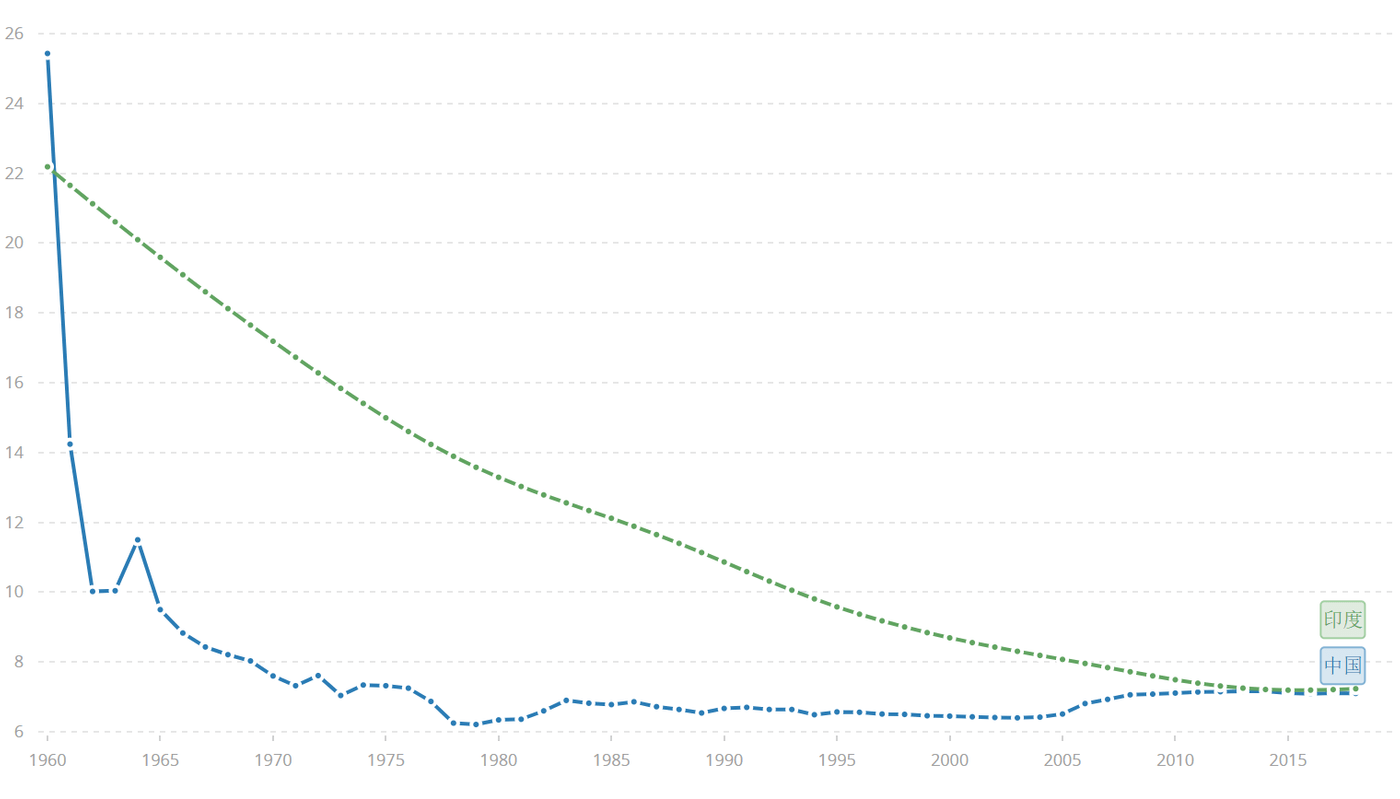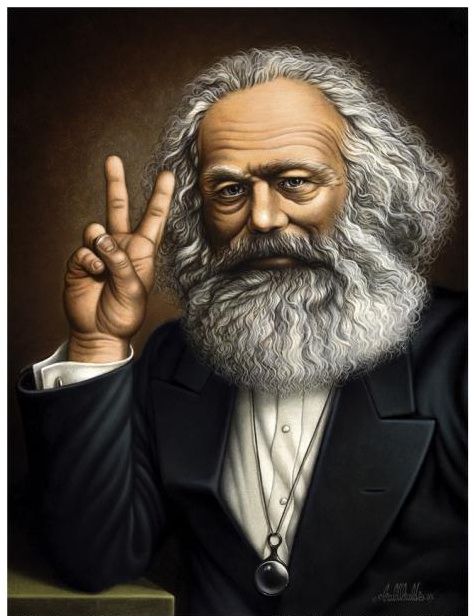Wrongful Death: Amartya vs Mark Twain
Nobel laureate in economics Amartyasson put forward a famous theory when discussing the history of famine:
“An important fact in the history of human famines is that there has never been a major famine in a country with democratic government and freedom of the press. Famines have occurred in ancient kingdoms, in contemporary despotism, in primitive tribes, in modern technocrats Dictatorships occur in colonial economies ruled by imperialists, in emerging independent countries with autocratic rule or one-party autocracy. However, in those independent countries with regular elections, where there is a critical voice from the opposition party, newspapers are allowed to report freely There has never been a famine in a country that has not practiced censorship and can question the correctness of government decisions."
As an argument, he put forward the comparison between colonial India and post-independence India, and there was no large-scale famine, while China caused a famine with tens of millions of abnormal deaths due to wrong policies between 1958 and 1961. . Therefore, to quote the original sentence:
A country that is independent, that implements regular elections, that has criticism from opposition parties, that allows newspapers to report freely and that can question the correctness of government decisions, and that does not implement censorship, has never experienced a famine.
After independence, India has a relatively peaceful domestic environment, almost uninterrupted external investment, a smaller initial population than China, a colonial industrial base with a longer history of development than China, and a higher per capita GDP. According to this inference, it is almost certain have fewer total fatalities. Then we quote the World Bank data from 1960 to 2018 to get a glimpse:

In this way, the total number of deaths is still ambiguous. Then, substituting the annual population for calculation, we can conclude that during these 59 years, the total number of deaths in India was 556,314,895, while the total number of deaths in China was 466,291,088. The difference is 90,023,807 people, or 90.02 million people. In order to smooth out the possible falsification of famine statistics in 60-62 years, we use the 45 million people used by the famous historical inventor Mr. Feng Ke, and cut them completely from 90.02 million people, then India is compared with China in this 59 million people. An additional 45.02 million people died during the year.
If we want to compare Hong Kong and Taiwan as a Chinese community with the mainland, we should take into account the sources of food from Hong Kong, Taiwan and the mainland. Taiwan's food self-sufficiency rate was 34.64% in 2018, and more than 90% of Hong Kong's food was imported, while the food self-sufficiency rate of mainland China and India was between 90% and 100% all year round. In 2019, the world's total grain output is about 2.72 billion tons, and the trade volume is expected to reach 422 million tons. China's grain output is 660 million tons and India's grain output is 310 million tons. The size of the two determines that it is basically impossible for China and India to be like Hong Kong, Taiwan or Taiwan. Countries with a population of less than 100 million also rely on imports to meet their food consumption, otherwise there will be a general humanitarian crisis in food importing countries with low bargaining power (this may happen in the second half of this year). In terms of food consumption, China and India have much more in common than land, Hong Kong and Taiwan.
If we agree with Amartya's inference, it should be noted that China's total population at the beginning of the statistics is 660 million, and India's total population is 450 million, and such a shocking result is obtained, then I am afraid that famine, The relationship between normal death and democracy and freedom of the press is not as simple as Amartya describes it. The academic research on the Great Famine in China is overwhelming, and the academic research on abnormal deaths in India is rarely heard, which may show a tendency based on ideology.
Nevertheless, what this article wants to express is not to reverse the man-made disasters in the great famine. On the contrary, the impact of the wrong route on the great famine is extremely important, and the concentrated famine and the abnormal death that continues over a longer time line cannot be The severity of the nature is completely equated. But what we need to pay attention to is that no matter what kind of abnormal death is counted as data, it is the same as us, living human beings with flesh and blood. We all need to reflect on what caused these lives to be lost, and it is precisely because of this that we need to avoid interpretations based on ideological biases that may cause greater damage in the future.
Finally, let's recall the topic. Mark Twain wrote in Connecticut Yankee in Arthurian :
"The Age of Horror" has actually happened twice, as long as we are not too forgetful to see it this way. One was murdered with passion, the other was ruthless, killing without blinking an eye; one lasted only a few months, another took a thousand years; one killed 10,000 people, and another 100 million. However, it is the tragic situation caused by that secondary "horror", that is to say, that fleeting terror. On the other hand, dying under a sharp axe in an instant, compared to starving and freezing for a lifetime, suffering humiliation and ravages, enduring hardships, and slowly being tortured to death, what kind of tragic situation can it be? Being struck to death by lightning in the blink of an eye, what is it compared to being tied to the stake and slowly burned to death? Each of us has been taught to shudder and grieve the thought of that brief moment of terror, that a city cemetery could hold the coffins of all the dead; The dead caused by the horror of the incident, even the whole of France could not be buried. The horror at that time was really unspeakable and terrifying, but no one has ever taught us to see the catastrophe clearly, or given the understanding we deserve.
Revolutionary and radical policies aren't always the worse option, and that's why I've always believed that we should retain a historical tenderness for all who have passed away. everyone born equally.

Like my work? Don't forget to support and clap, let me know that you are with me on the road of creation. Keep this enthusiasm together!


